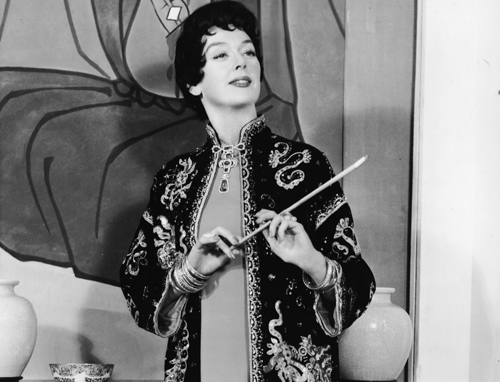
Lydia from South Riding.
Last night's finale to South Riding left a bitter taste in my mouth, like being doused with salty, stinging sea water at the beach. Probably the most depressing show Masterpiece has shown in the past year, second only to Wallander, South Riding disappointed me from the beginning. I am all for realistic filmmaking, but at times the shots were too dark, the Yorkshire accents too thick, and the plot too barren. I think that I could have enjoyed the miniseries if it had been a bit longer; it takes time to become invested in characters, and I just couldn't fight for them like I wanted to.
The one bright spot in the series is the story of brilliant but broke Lydia. A scholarship student who lives in poverty, Lydia has to give up her education to take care of her brothers and sisters after her mother passes away. Lydia becomes the one character the audience can root for. She is completely innocent; she did not chose the path she is on, and she does her best to either "like it or lump it," as she puts it. Miss Burton becomes her champion, and, with her help, she gets back into school and eventually goes to university.
Lydia is the only character who gets a happy ending, unfortunately. Mr. Carne is killed in a riding accident, and orphaned Midge leaves South Riding to live with her grandfather. In a flash forward, we see Midge having her portrait painted, dressed up like her mother (because this audience isn't full of fools, we can infer that this alludes to Midge's impending mental breakdown. Like mother, like daughter). Miss Burton, heartbroken over Mr. Carne's death and fed up with the idle talk of town gossips, tries to leave, but she is convinced to stay, and we see in another flash forward that her persistence leads to a modern school being built.
South Riding ends on a note of hope that was so sorely lacking from the entire series. While it is nice to find some optimism in this tale of woe, I would have preferred to spend some more time with the town's inhabitants so that the somewhat cheerful conclusion would have meant more.
image via



